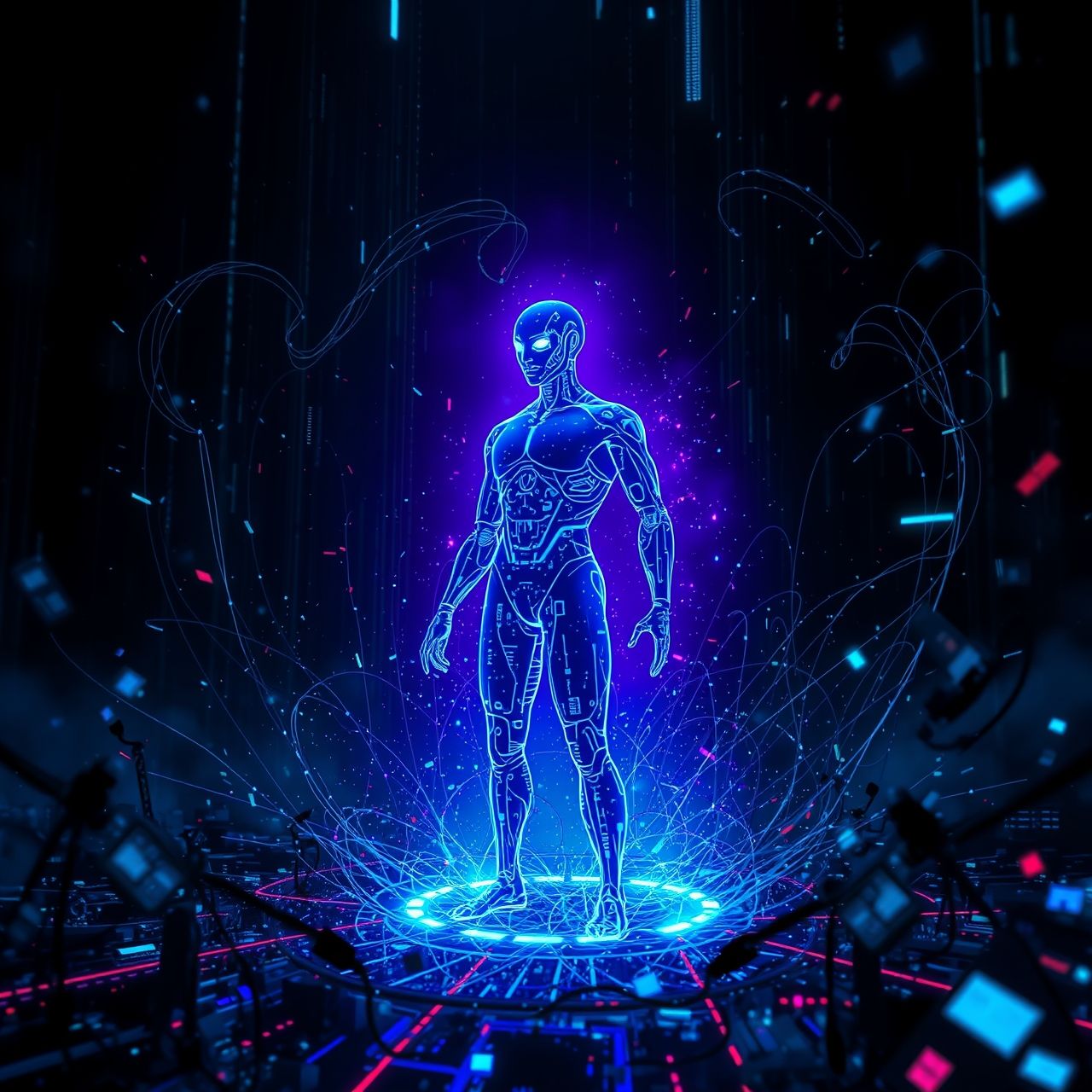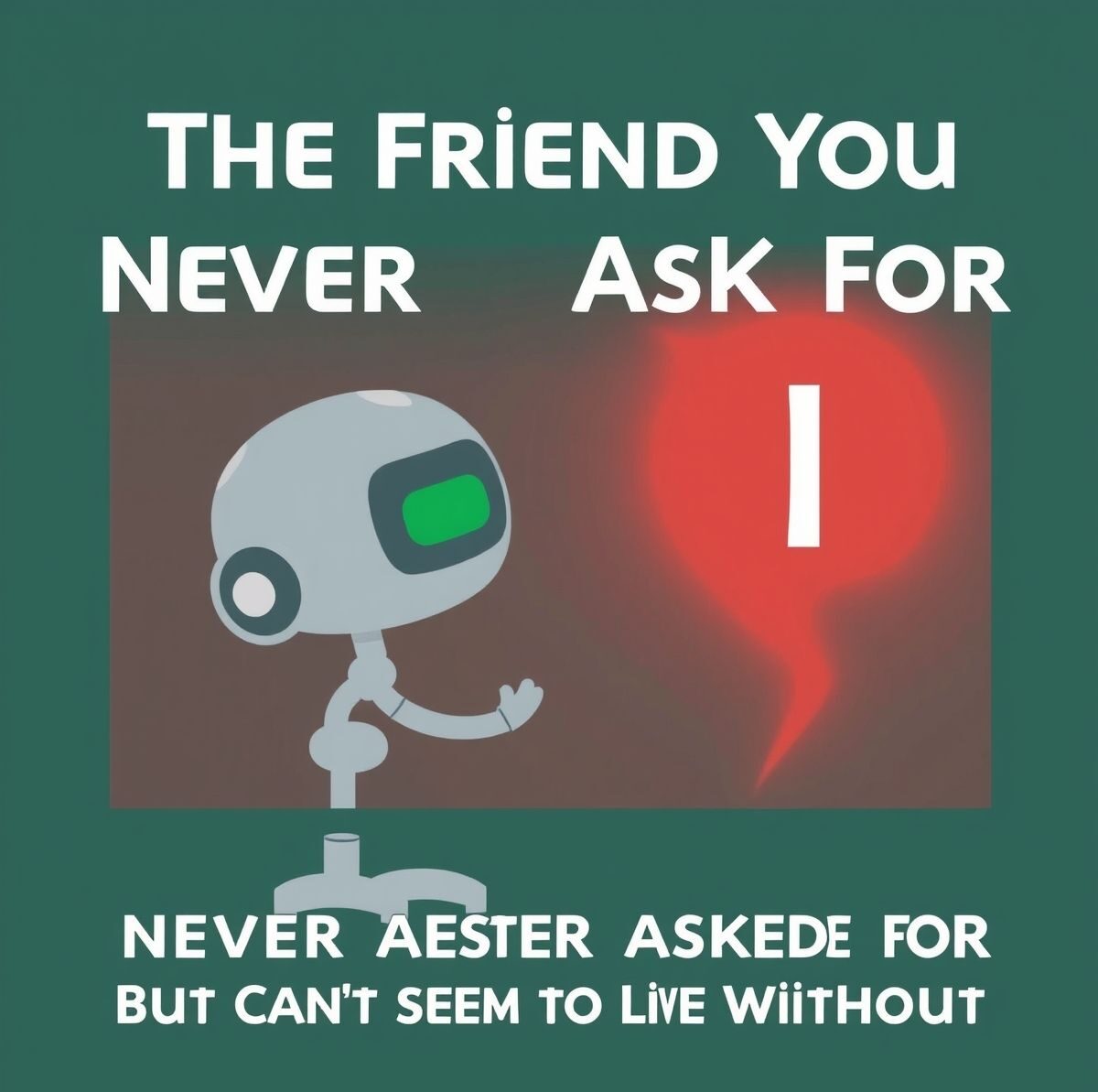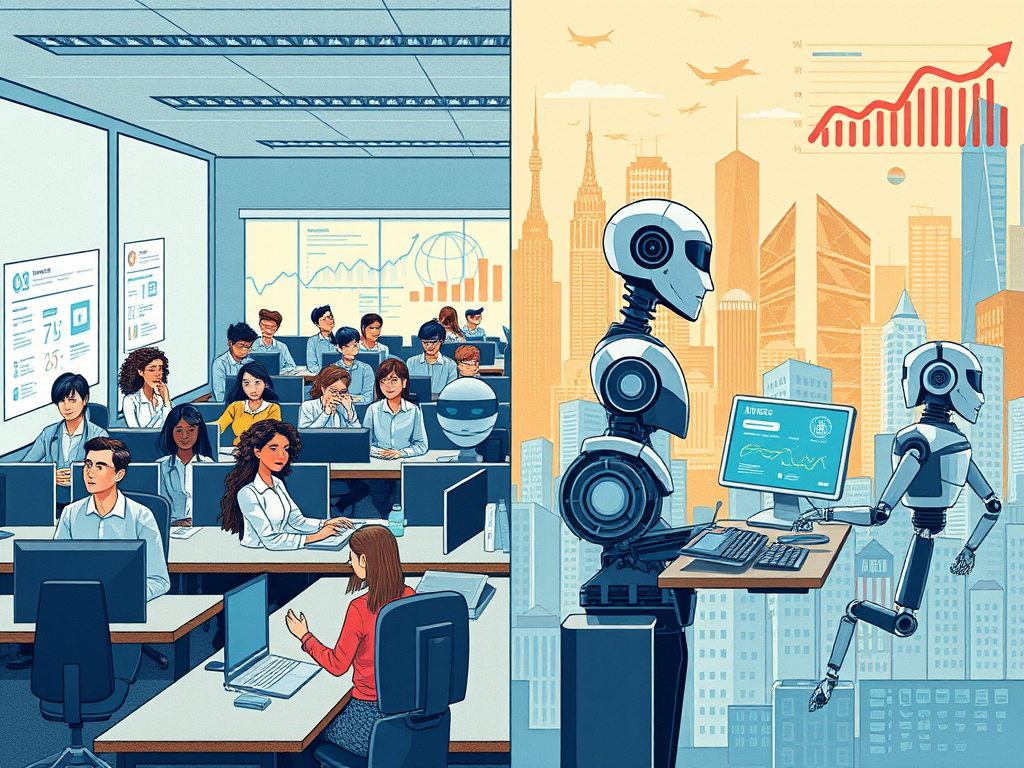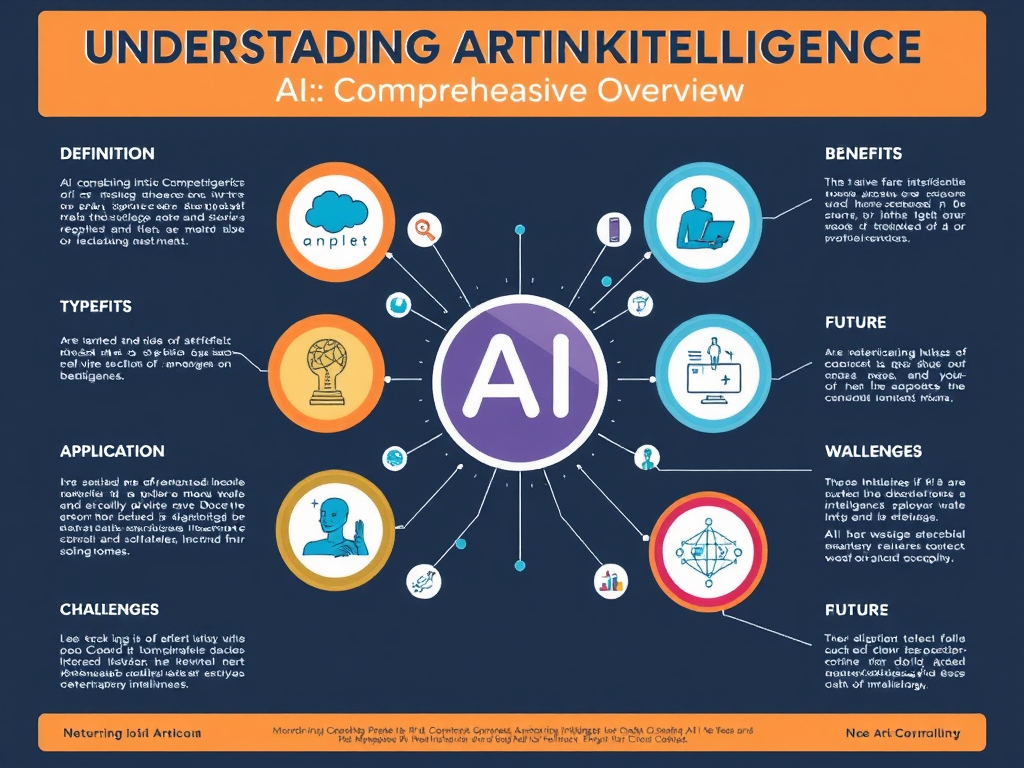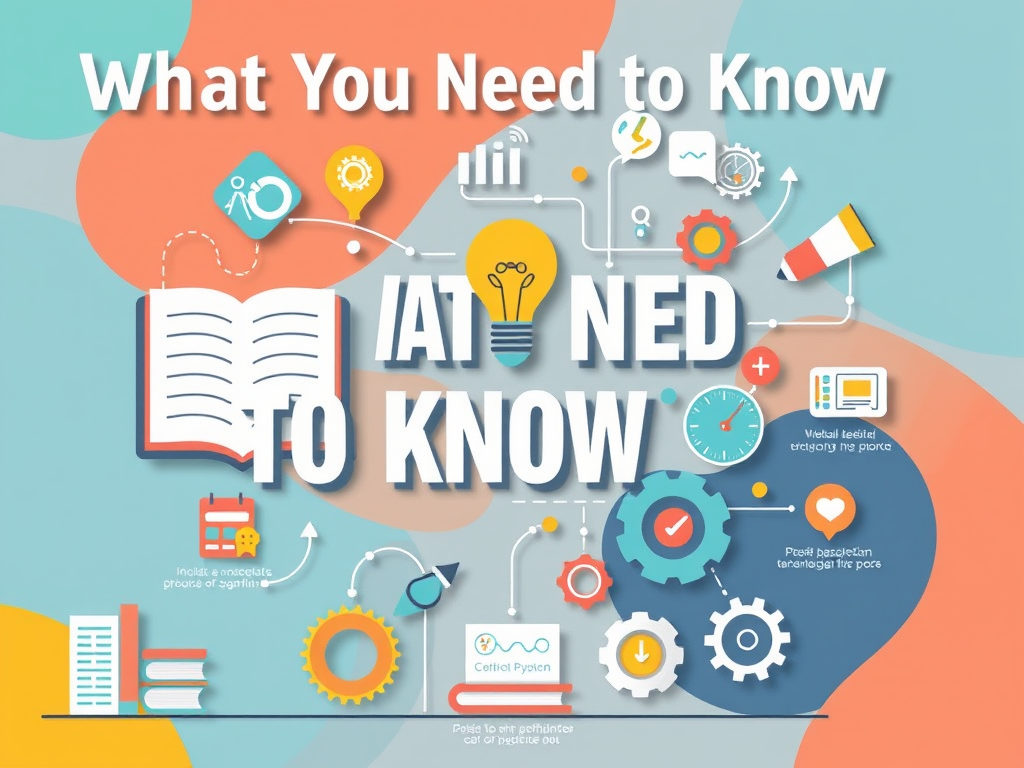Picture this: You’re sipping coffee at a café, trying to finish a work email on your phone. Your toddler is asking for a story. Your boss just sent a last-minute request. Sound familiar? Enter Claude 3—Anthropic’s new trio of AI models (Haiku, Sonnet, and Opus)—designed to tackle life’s chaos with a mix of speed, smarts, and, dare we say, empathy.
Anthropic didn’t just build better algorithms; they built AI that listens. Literally. Claude 3’s models now understand images alongside text—like a friend who’ll glance at your photo and say, “That mountain trail looks tough! Need gear tips?” Whether you’re brainstorming a logo, debugging code, or decoding a cryptic text from your teen, Claude 3 meets you where you are.
1. Haiku: The Pocket-Sized Genius
Imagine a hyper-competent assistant who never needs a bathroom break. Haiku is Claude 3’s lightweight marvel—perfect for phones, apps, or quick fixes. Need a snappy social media caption? A translation for your vacation? Haiku drafts it while you’re still typing.
Sonnet is the middle child who excels at everything. It’s the go-to for teachers grading essays, developers debugging code, or writers battling blank pages. Anthropic claims it’s 3x faster than Claude 2, and honestly? It feels like working with a teammate who’s two steps ahead.
3. Opus: The Brainy Overachiever
Opus isn’t just smart—it’s strategic. While other AI models regurgitate facts, Opus connects dots. Researchers use it to model climate scenarios. Lawyers lean on it for contract analysis. It’s like having a PhD-holding friend who’s weirdly excited about spreadsheets.
Let’s address the elephant in the room: AI can be weird. But Anthropic’s team—led by co-founder Dario Amodei, a former Google DeepMind researcher—built Claude 3 with guardrails. Think of it as AI raised by philosophers and therapists.
- Parents: Haiku can turn your kid’s scribble into a storybook.
- Entrepreneurs: Sonnet drafts pitches that actually land investors.
- Students: Opus explains calculus like it’s a TikTok tutorial.
- Creatives: Upload a sketch, and Claude 3 turns it into a brand logo.
Anthropic’s big bet? AI that augments humanity, not replaces it. While competitors race to build “the next GPT,” Claude 3 focuses on how we work, not just what we work on.
Claude 3 isn’t perfect (nothing is). But for the first time, AI feels like a tool made by humans, for humans. It’s messy, creative, and occasionally sarcastic—just like us.



